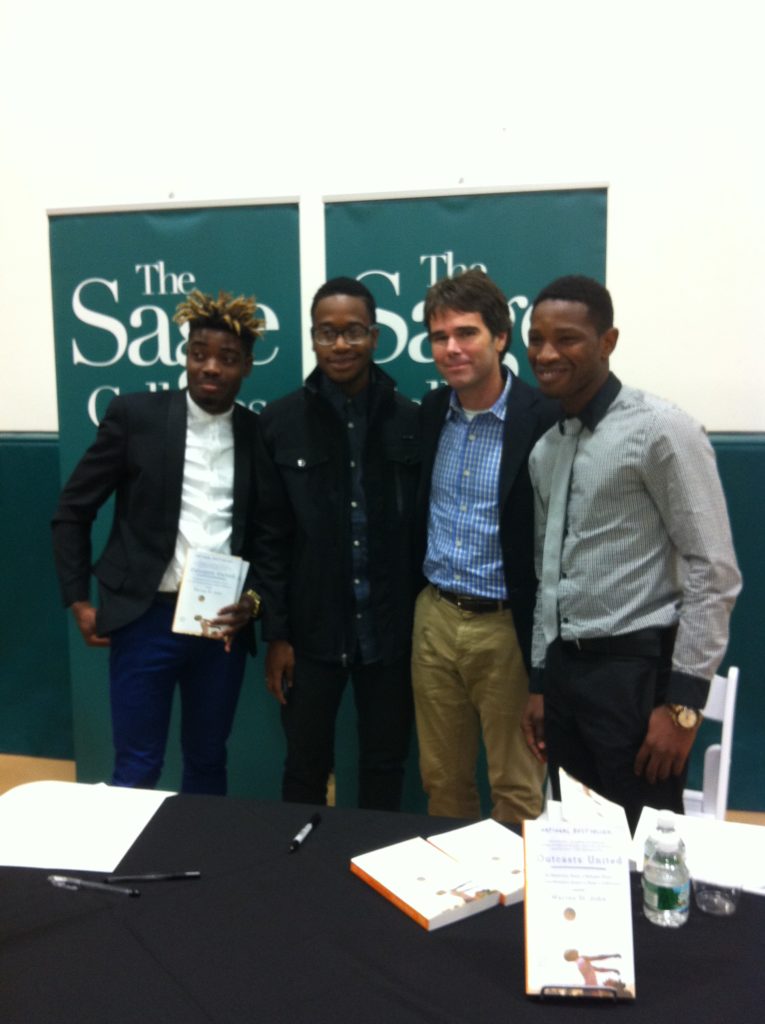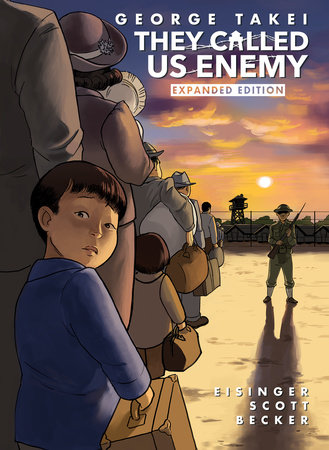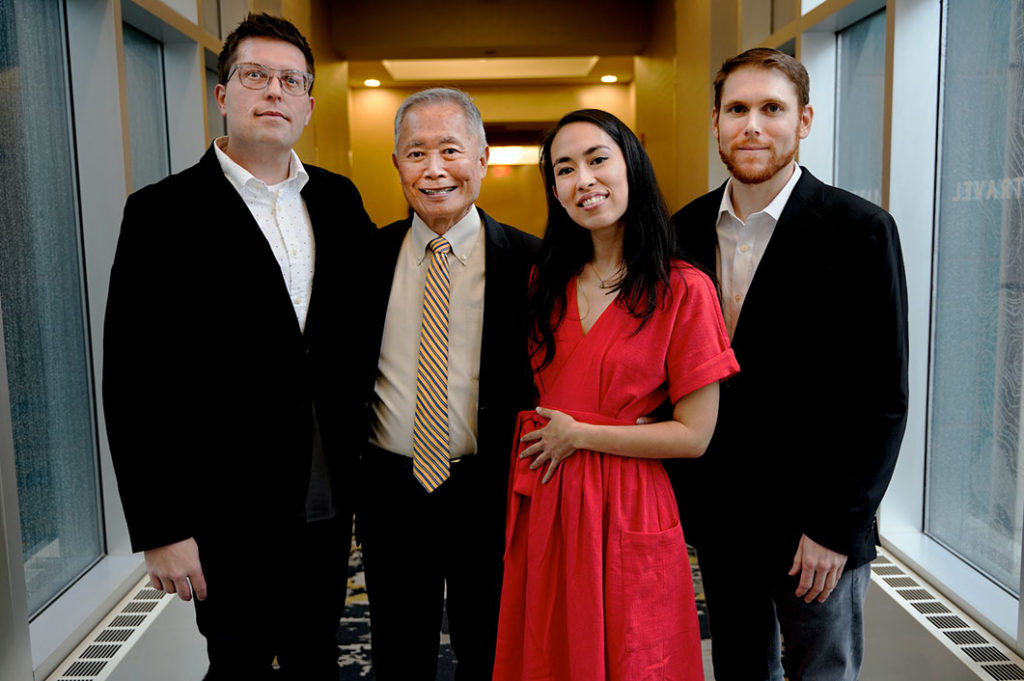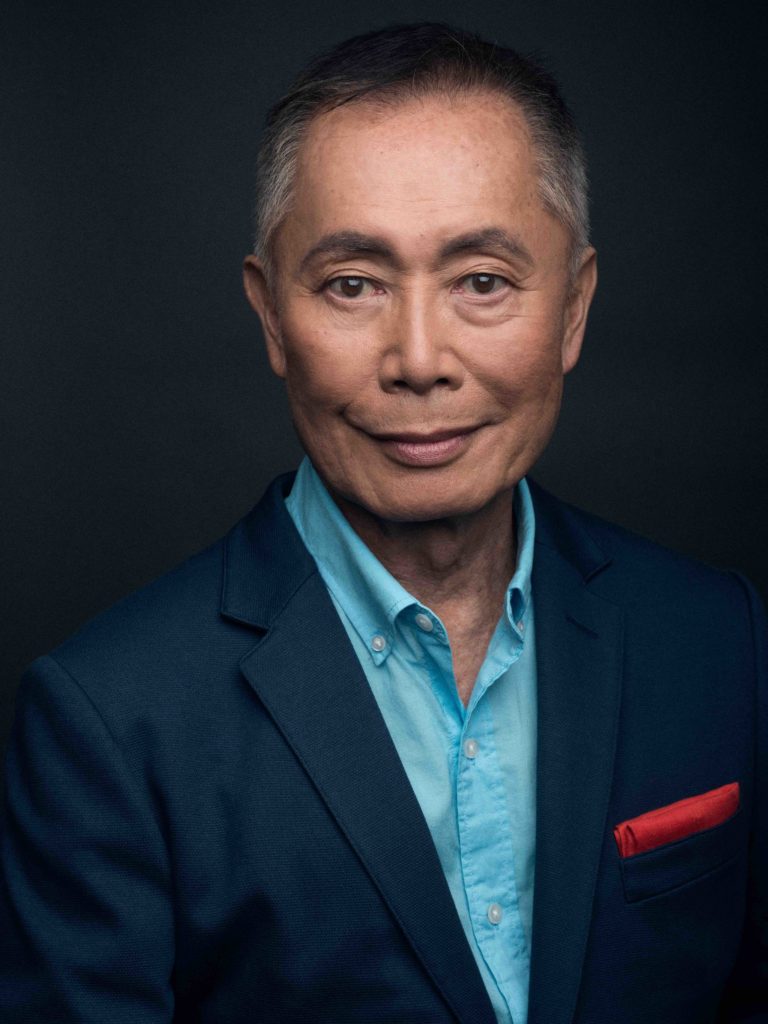Dean’s Read 2025
By: Ayana Elizabeth Johnson
All incoming First Year students CLICK HERE to access the book and your first college assignment.
All incoming transfer students, and members of the RSC community CLICK HERE.

A Message from Dean Andrea Rehn

Welcome!
The Russell Sage faculty, staff, and students are excited to have you join our community. One of the first steps in becoming part of Sage is beginning your journey with the Dean’s Read—a book that I share with all incoming students, as well as the faculty and staff you’ll soon get to know. When you arrive on campus, this book will be something we all have in common.
This year’s Dean’s Read is a fully digital book. You’ll engage with the book in a variety of ways—through events, assignments, and class discussions—especially in your first course, RSC101: Thriving at Sage. The shared theme for this year’s book and related fall events is Envisioning Sustainable Futures, and we can’t wait to explore it with you.
The 2025 Dean’s Read is a book about climate change and possibility—both personal and environmental. In What If We Get It Right?, Ayana Elizabeth Johnson gathers poetry, stories, and conversations with experts who respond to the powerful question posed in the book’s title: What if we get it right? (Johnson 3). This question is the heart of the book, inviting us to imagine a thriving, sustainable future and to consider how each of us can use our unique skills and passions to help shape it. I love this book because it encourages what psychologist Carol Dweck calls a “growth mindset”—the belief that our abilities, and by extension our world, can grow and improve through effort and perseverance. With a growth mindset, we become better equipped to tackle complex challenges and to create meaningful, lasting change together.
This summer, as you dive into the “Prelude” and “Possibilities: Introduction” sections, you’ll discover three big questions—and your first college assignment will be to reflect on and respond to them. You’ll find everything you need to get started in the assignment sheet, including step-by-step instructions.
As part of this process, you’ll also get to explore Moodle, Russell Sage College’s online course system. For now, you’ll see just one course—the “Dean’s Read”—but in August, all of your fall classes will appear there. You’ll use Moodle throughout your college journey to enrich your in class learning experience, and this summer is your first chance to get comfortable with it. We’re excited for you to jump in, connect with your new community, and start thinking deeply about the future we can create together!
As you embark on this new chapter, remember that you are joining a supportive and engaged learning community. I encourage you to approach both this reading and your college experience with curiosity, reflection, and a willingness to grow. Let What If We Get It Right? challenge and inspire you to envision the future you hope to shape—not only for yourself, but for your community and the wider world.
Welcome to Russell Sage. We’re so glad you’re coming!Andrea Rehn, Ph.D.
Dean
Web Resources
Watch Video Resources
About Dr. Ayana Elizabeth Johnson
Dr. Ayana Elizabeth Johnson is a marine biologist, policy expert, writer, and teacher working to help create the best possible climate future. She co-founded and leads Urban Ocean Lab, a think tank for the future of coastal cities, and is the Roux Distinguished Scholar at Bowdoin College.
Ayana co-edited the bestselling climate anthology All We Can Save, co-created and co-hosted the Spotify/Gimlet podcast How to Save a Planet, and co-authored the Blue New Deal, a roadmap for including the ocean in climate policy. She earned a BA in environmental science and public policy from Harvard University, and a Ph.D. in marine biology from Scripps Institution of Oceanography. She serves on the board of directors for Patagonia and GreenWave and on the advisory board of Environmental Voter Project. Above all: Ayana is in love with climate solutions.
Dean’s Read Events 2025
Compass Roses: Maps by Artists
Artists’ Visions of the local
Opalka Gallery, Albany Campus
September 2 – October 11, 2025
Lungs
Play written by Duncan MacMillan
Directed by David Baecker
Dates/Times at James L. Meader Little Theatre, Troy Campus
- Wednesday, September 24, 2025 at 1 p.m.
- Thursday, September 25, 2025 at 7:30.m.
- Friday, September 26, 2025 at 7:30pm
- Saturday, September 27, 2025 at 7:30pm
- Sunday, September 28, 2025 at 2pm
Dean’s Read Lunch & Learn
October 8th, Armory, Albany Campus
(Required for all first year students)
Past Dean’s Reads

Outcasts United: An American Town, a Refugee Team, and One Woman’s Quest to Make a Difference
By Warren St. John, 2009
All current RSC faculty, staff, and students can click the below link to read the book.

Dean’s Read 2023: They Called Us Enemy
They Called Us Enemy is a graphic memoir by George Takei, an author, activist, and actor best known for his role as Hikaru Sulu on Star Trek. Created in partnership with Justin Eisinger, Steven Scott, and Harmony Becker, the book is a firsthand account of Takei’s childhood, years of which were spent in a Japanese American internment camp during World War II.
The memoir depicts his life “behind barbed wire, the joys and terrors of growing up under legalized racism, his mother’s hard choices, his father’s faith in democracy, and the way those experiences planted the seeds for his astonishing future.”
Check out They Called Us Enemy Online: Borrow a digital copy using the Libby app. You will need to log in with your Sage username and password.

Takei’s book is important for many reasons. He tells a crucial story of United States history and helps readers understand how those events affected many people, then and now. His family’s story is one of trauma but also persistence and resilience, as they found ways to stay together and help each other, and eventually to help the rest of the country recognize the profound injustice they suffered. This is a story of both how democracy sometimes fails, and how citizens can speak up for the truth and for each other. Courage, love, justice, democracy, truth – all these themes are present, as well as bullying, racism, and fear. The form of the book, a graphic memoir, might remind you of Art Spiegelman’s great graphic novel of the Holocaust, Maus, which I encourage you to read as well.

“It was those after-dinner talks with my father that informed so much of my worldview … Together we can initiate change in Los Angeles … and instilled in me a desire to share our story with as many people as possible.”
George Takei, from “They Called Us Enemy”

